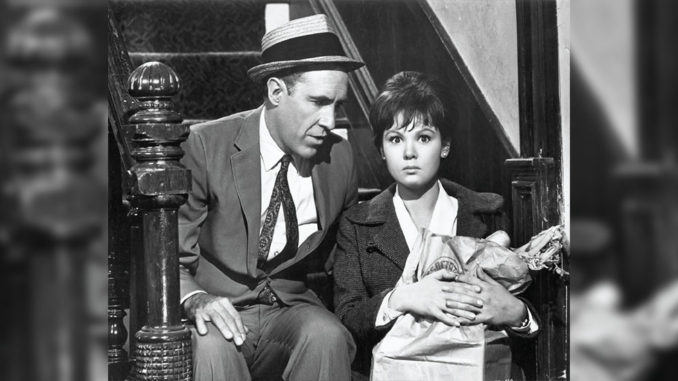“A Thousand Clowns,” both a stage play by Herb Gardner and a film adaptation, is a compelling narrative that delves into the nuances of individuality, responsibility, and the societal expectations that often challenge personal freedom. This classic work (Movie A Thousand Clowns), renowned for its sharp wit and poignant storytelling, invites audiences to reflect on the delicate balance between personal happiness and societal obligations.
The Struggle for Individuality
At the heart of “A Thousand Clowns” lies the theme of individuality. The protagonist, Murray Burns, embodies the spirit of nonconformity. A former television writer, Murray rejects the conventional path of stable employment and societal norms, choosing instead to live life on his own terms. This quest for individuality is both liberating and isolating, as Murray grapples with the pressures of fitting into a world that demands conformity.
Murray’s struggle is a universal one, resonating with anyone who has ever felt the tug of war between following their own path and adhering to societal expectations. The film and play challenge viewers to consider the cost of individuality and the sacrifices required to maintain one’s unique identity in a world that often values uniformity.
Movie A Thousand Clowns: Responsibility and Freedom
Another significant theme in “A Thousand Clowns” is the tension between freedom and responsibility. Murray’s carefree lifestyle is disrupted when his nephew, Nick, enters the picture. As Nick’s guardian, Murray must confront the responsibilities that come with adulthood and caregiving.
The narrative explores the idea that true freedom may come with strings attached. Murray’s journey illustrates the complexities of balancing personal desires with the needs of those who depend on us. It raises important questions about the nature of freedom and whether it is possible to truly be free while fulfilling responsibilities to others.
The Role of Society and Conformity
“A Thousand Clowns” also critiques societal structures and the pressure to conform. Through Murray’s interactions with social workers and other authority figures, the film highlights the often intrusive nature of societal expectations. These characters represent the rigid structures that dictate what is considered “normal” or “acceptable” behavior.
The story encourages viewers to question these norms and consider how societal pressures impact individual choices. It prompts a reflection on how much of our lives are dictated by external expectations versus our own authentic desires.
Conclusion: Movie A Thousand Clowns
“A Thousand Clowns” remains a relevant exploration of themes that continue to resonate with audiences today. Its examination of individuality, freedom, and societal expectations offers a timeless commentary on the human experience. By challenging viewers to reflect on their own lives, the film and play serve as a reminder of the importance of staying true to oneself while navigating the complexities of the world.
In a society that often demands conformity, “A Thousand Clowns” stands as a testament to the enduring power of individuality and the courage required to embrace it. Whether you’re revisiting this classic or discovering it for the first time, its themes remain as poignant and thought-provoking as ever.


